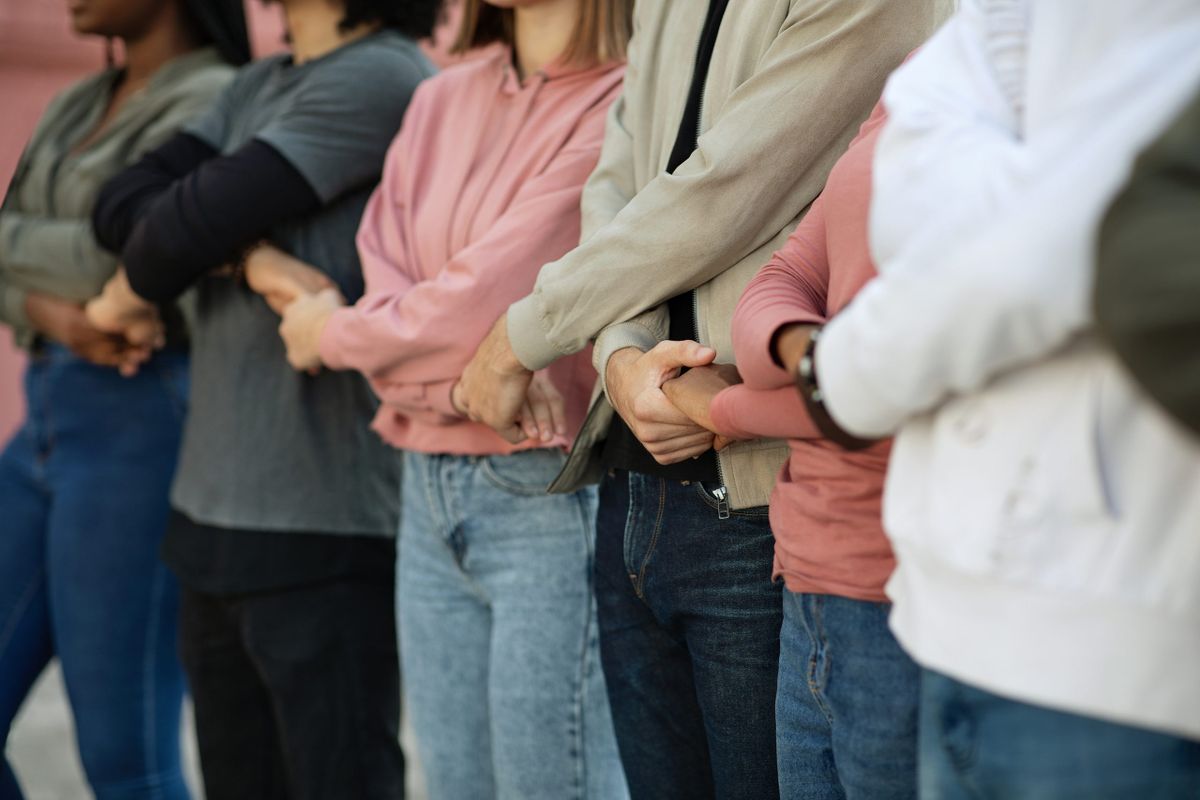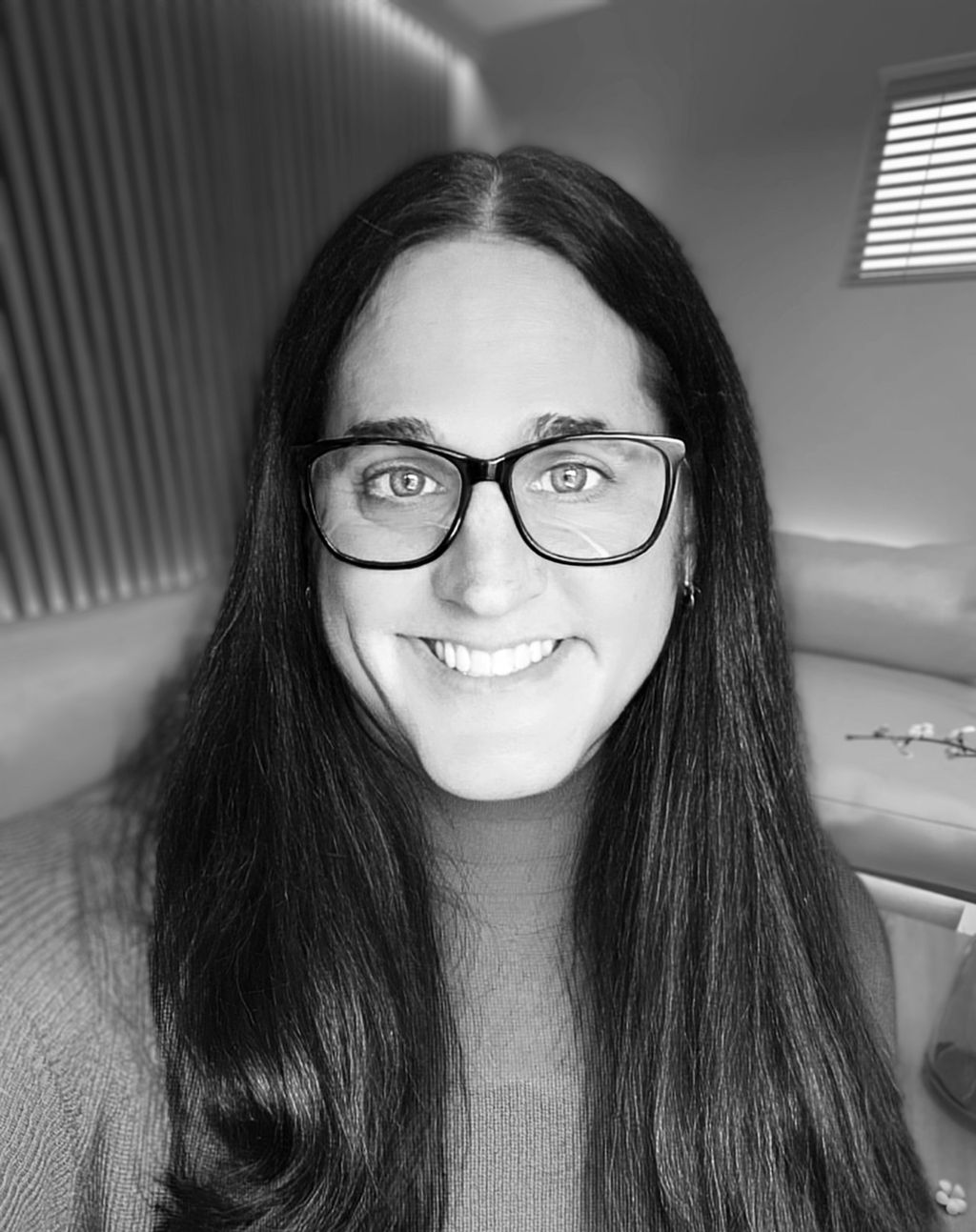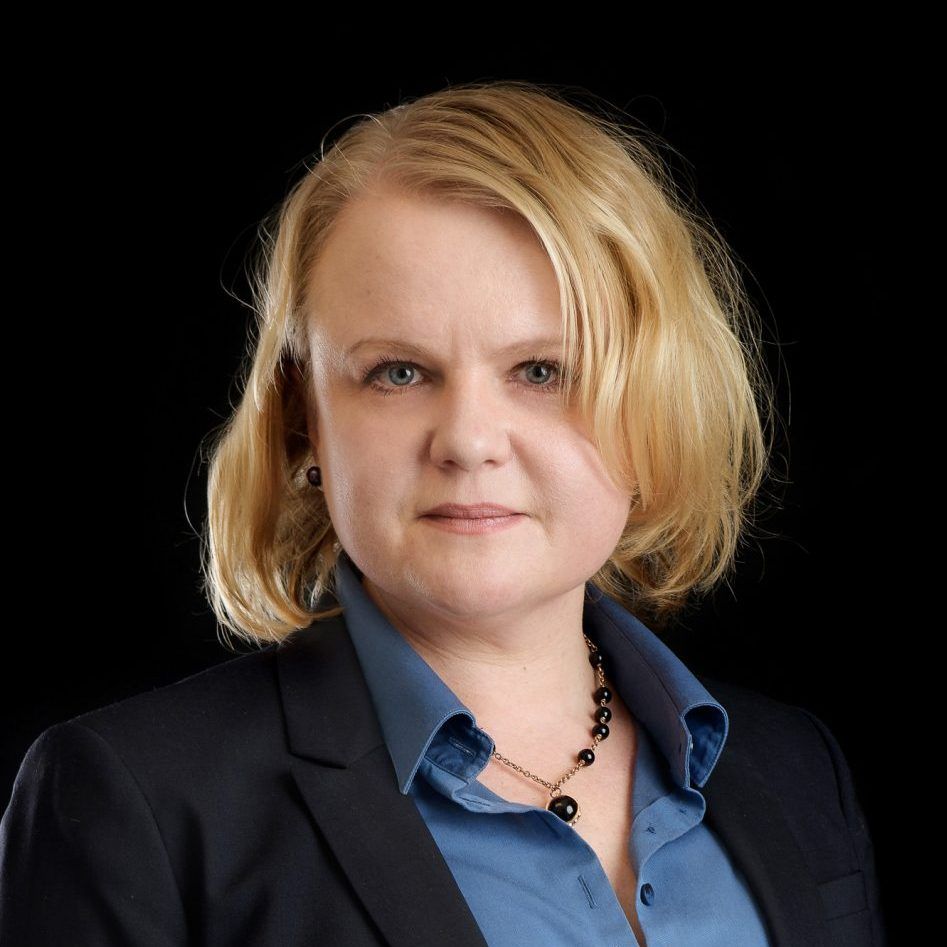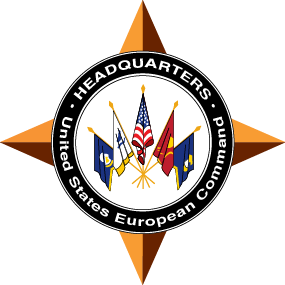
Summary
Digital warfare needs new rules of engagement
An updated Geneva Convention is needed to redefine conflict and to protect people as war moves to the cybersphere, the audience at a Friends of Europe event heard 1 June 2022. The online event, entitled ‘21st century warfare: a whole of society approach to resilience’, saw experts debating the opportunities and challenges of an increasingly digitalised world. Russia’s invasion of Ukraine has more than ever revealed the need to educate all of society about new online realities and to address the spread of disinformation.
“A sort of Geneva Convention for cyberspace is needed,” said Hanna Linderstål, CEO and Founder of the Earhart Business Protection Agency. An updated treaty would help society manage a new era of digital warfare that was unimaginable when the original Conventions were drafted between 1929 and 1949. “What is a combatant? What is an unacceptable target? What can we accept in a cyberwar? That all has to be discussed and perhaps even decided on,” Linderstål explained.
Other participants agreed that it was time to take a hard look at an update of the Geneva Conventions. This could mean, for instance, rethinking the definition of roles and responsibilities in conflict. The same person working as an engineer behind a keyboard in Antwerp could be an international computer hacker or a combatant in a war on the other side of the world.
Understanding these shifting roles and situations shows the importance of educating everyone in society, from school children and office workers, to troops and policymakers, the event audience heard.
“We need to do a better job of understanding the sheer complexity of what we’re seeing,” said moderator Jamie Shea, Senior Fellow for Peace, Security and Defence at Friends of Europe and former Deputy Assistant Secretary General for emerging security challenges at NATO. “We have to learn as things are happening. Warfare is changing. Who is a warrior? What are the rules of engagement?”
Cautious Optimism
Chris Kremidas Courtney, Senior Fellow for Peace, Security and Defence at Friends of Europe, encouraged participants to be optimistic but not to delay the development of new norms. “Right now, we’re in a pretty good place in terms of understanding and critical thinking,” he said. “In the coming years, we will have some pretty difficult decisions to make.”
Switching everyday activities online can help citizens save money and make life easier. But it also creates new opportunities for attacks on key infrastructure, such as hospitals and smart power grids. Most of these digital systems were built at a time when conflict and war were far from people’s minds.
The Russian invasion of Ukraine has now pushed these concerns to the fore, event participants heard. In particular, there is a need to counter the easy spread of disinformation online. Putin used a false narrative, spread and fuelled by a strictly controlled Russian state media, as well as the Kremlin’s interference in other countries’ elections, to justify the invasion.
But the invasion also revealed a new resilience in society that would not have been so easily seen in the analogue world. Instead of facing an isolated Ukraine, Russia now finds itself faced with a united West and an army of hyper-enabled private citizens, civil society groups, NGOs and companies challenging it in the information sphere and cyberspace, and by providing key capabilities to Ukrainian forces.
Winston Churchill was cited as an expert on understanding how everything interacts and quickly crafting a successful response to new, dynamic situations.
Another participant, however, quoted a more unusual expert when warning Europe not to overreach itself when regulating a whole-of-society response to recent events. “The more you tighten your grip, the more star systems will slip through your fingers,” as Princess Leia said in Star Wars.
About
Ukraine has been enduring a conventional attack by Russia since the annexation of Crimea in 2014. The latest invasion was justified by Putin based on a false narrative, spread and fuelled by strictly controlled state media in Russia, disinformation campaigns by Russian media outlets as well as the Kremlin’s interference in other countries’ elections.
In response to Russia’s latest aggression against Ukraine, we are witnessing a global whole-of-society response that involves not only state and institutional actors, but an unprecedented level of support and influence from private companies and citizens. Instead of facing an isolated Ukraine, Russia is faced with a united West and an army of hyper-enabled private citizens, civil society groups, NGOs and companies challenging it in the information sphere, cyberspace, and in providing key capabilities to Ukrainian forces.
This new global swarm are tracking Russian troops, hacking Russian infrastructure, debunking disinformation, and trying to reach out to the Russian population to inform them about the war. Local organisations in neighbouring states are arranging support for Ukrainian refugees.
At the same time, the staying power of member states’ societal resilience remains fragile in the aftermath of the pandemic and during a time when citizens were expecting their lives to return to normal. For these and many other reasons, strengthening ties and understanding between governments, local authorities, the private sector and citizens remains of vital importance as the conflict in Ukraine continues and we look to a future that includes the greater use of AI, the dawn of augmented and virtual reality potentially, and their ability to amplify disinformation campaigns leading to radicalisation and disinformation-driven violent extremism.
The event is part of our Security briefing series. In each 60-minute session, members have a chance to put their questions to those who call the shots. Participation is by invitation only.
Schedule
Questions include:
- What are the implications of so many non-state actors supporting Ukraine against Russia’s aggression?
- Which synergies and forms of cooperation between governments, local authorities and the private sector can be established to ensure whole-of-society efforts remain effective and do not act against member state intentions?
- Is it time to update the Geneva Convention to address cyberspace and the expanded role of private actors in conflict?
- How can governments build trust to avoid hyper-empowered private actors susceptible to disinformation to turn on them and/or radicalize?
Speakers

Senior Advisor at Defend Democracy, Lecturer at the Institute for Security Governance and former Senior Fellow at Friends of Europe.
Prior to joining the Institute for Security Governance (ISG), they served for 32 years in the US and NATO, most recently serving as the multilateral engagement coordinator for US European Command and director of training and exercises for the European Centre of Excellence for Countering Hybrid Threats (Hybrid CoE). A natural international community organiser, Chris organises comprehensive approach seminars for various NATO headquarters and has built regional communities of interest to address hybrid threats and enhance resilience in the Black Sea and Mediterranean regions and to reduce violence along the US-Mexico border.

CEO of the Earhart Business Protection Agency
Hanna Linderstål is the CEO and Founder of Earhart Business Protection Agency, a cyber intelligence specialist agency that supports authorities, organisations and the private sector with management advisory regarding cyberthreats, disinformation, investigations, corporate education, as well as training in these matters. With over 25 years of experience in combatting digital and virtual threats, she has previously been an advisor for various government agencies and international organisations. Linderstål is active in the Council for Psychological Defence in Sweden and acts as Vice President of the Swedish Psychological Operations Association, a voluntary defence organisation.
Partners
Activities
From ambition to action: building Europe’s Defence Union
Past event In person

- Area of Expertise
- Peace, Security & Defence
EU-Western Balkans Summit: Enlargement matters – Europe’s new…
Next event

- Area of Expertise
- Peace, Security & Defence
Frontline Voices: renewing the women, peace and security agenda
Past event Online

- Area of Expertise
- Peace, Security & Defence
Frontline Voices: diagnosing the disconnect – The Women, Peace and…
Past event Online

- Area of Expertise
- Peace, Security & Defence
Policy Voices | Overcoming polarisation: defence in the time of distrust
- Category
- Podcast
- Area of Expertise
- Democracy
Policy Voices | A historic NATO summit raises defence spending target to 5%…
- Category
- Podcast
- Area of Expertise
- Peace, Security & Defence
Living in a perpetual state of emergency
- Category
- #CriticalThinking
- Author
- By Jamie Shea
Beyond sanctions: five strategic tools the EU must use to end the war in…
- Category
- #CriticalThinking
- Author
- By Liel Maghen

- Area of Expertise
- Peace, Security & Defence

- Area of Expertise
- Peace, Security & Defence

- Area of Expertise
- Peace, Security & Defence

- Area of Expertise
- Peace, Security & Defence
Continue
the debate on
- Debating Europe


